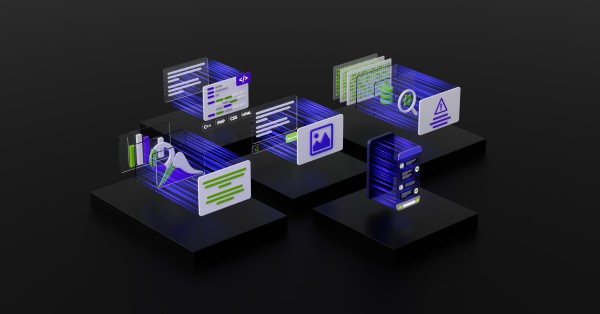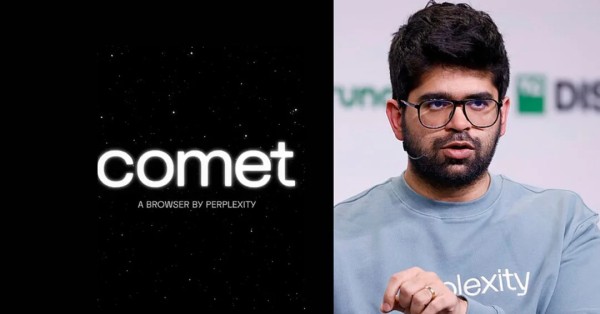Aster: A Cutting-Edge AI Assistant for Daily Life
On the second day of the SK AI Summit 2024, SK Telecom unveiled Aster(A*), its new artificial intelligence (AI) personal agent designed for a global audience. Set to launch in a closed beta in North America later this year and fully by 2025, Aster is not a typical digital assistant. This “Agentic AI” goes beyond simple queries, understanding user intentions to help set goals, make plans, and carry out tasks in various aspects of daily life.
SK Telecom has crafted Aster as a “Guiding Companion,” with functions like “Planning Made Easy” and “Never Drop the Ball” to provide users with a seamless experience for managing personal tasks and schedules. Powered by a refined large language model (LLM) and AI-driven task management, Aster can execute complex tasks based on user preferences and needs, creating a unique personalized experience.
Building an AI Ecosystem with Global Partnerships
To support Aster’s robust functionality, SK Telecom is working closely with major search providers, LLM developers, and third-party application providers. This collaboration is essential for creating a comprehensive AI ecosystem tailored specifically to North American users, allowing Aster to integrate more seamlessly into diverse services and digital platforms.
Chung Suk-geun, Head of Global/AI Tech Business at SK Telecom, emphasized the value of this interconnected approach, stating, “With Aster, users interact with a single app, but they’re tapping into an extensive AI ecosystem.” Through these partnerships, SK Telecom aims to enhance the user experience and provide unmatched convenience and value.
Expanding AI Initiatives: SK Telecom’s AI Infrastructure Superhighway
During the summit, SK Telecom also revealed ambitious plans to further its AI initiatives with the creation of an ‘AI Infrastructure Superhighway.’ This project centers around three key components: AI data centers (AIDCs), GPU-as-a-Service (GPUaaS), and Edge AI. This infrastructure is designed to support both national and global AI operations, reducing costs and making AI services more accessible.
- AI Data Centers (AIDCs): SK Telecom plans to construct high-capacity AI data centers equipped with advanced AI computing resources to support Aster and other AI services.
- GPU-as-a-Service (GPUaaS): With GPUaaS, companies can access high-performance GPUs in the cloud, enabling them to develop and deploy AI services more affordably and without investing in dedicated hardware.
- Edge AI: By integrating AI computing with mobile networks, Edge AI allows for reduced latency, improved privacy, and better security, filling the gap between large AIDCs and on-device AI processing. This Edge AI capability is particularly advantageous for applications where quick data processing is essential.
These initiatives align SK Telecom’s AI strategies with the evolving demands of the telecommunications industry, where AI and connectivity increasingly intersect. “The competition in telecommunications infrastructure has traditionally focused on speed and capacity, but the paradigm must shift,” said SK Telecom CEO Ryu Young-sang. “6G will transform into a next-generation AI infrastructure where communication and AI converge.”
Collaborative AI Development for Global Reach
SK Telecom has been advancing its AI capabilities through partnerships with global AI companies, enabling it to build a powerful AI ecosystem that meets international standards. These collaborations, coupled with the development of energy-efficient AI data centers and specialized AI semiconductors, support SK Telecom’s vision of expanding its AI services to new markets.
In recent years, SK Telecom has also revamped its AI service portfolio, including enhancements to its “A.” (A-DoT) app. This update reflects a more refined approach to natural conversation, using multi-agent technology to make everyday interactions smoother and more intuitive. This focus on conversational AI and day-to-day assistance aligns with SK Telecom’s overarching mission to enhance global user experiences through AI.
Transforming SK Telecom into a Global AI Powerhouse
Since its founding in 1984, SK Telecom has consistently led the mobile industry, but its focus is now shifting to AI-driven transformation. By focusing on AI Infrastructure, AI Transformation (AIX), and innovative AI Services, the company aims to become a global leader in artificial intelligence. With initiatives like Aster and the AI Infrastructure Superhighway, SK Telecom is paving the way for integrated AI and connectivity, ultimately enhancing industry and society worldwide.
Aster’s global launch and SK Telecom’s foundational AI investments mark a significant step forward in redefining what AI-powered communication can achieve, creating a future where digital interactions become more seamless, intelligent, and personalized.





























